Scars and hair loss can be improved through medication, laser treatment, hair transplant surgery, local care, and nutritional supplementation. Scar induced hair loss is usually caused by permanent damage to hair follicles due to trauma, burns, surgery, or folliculitis. A targeted plan should be selected based on the type and severity of scars.
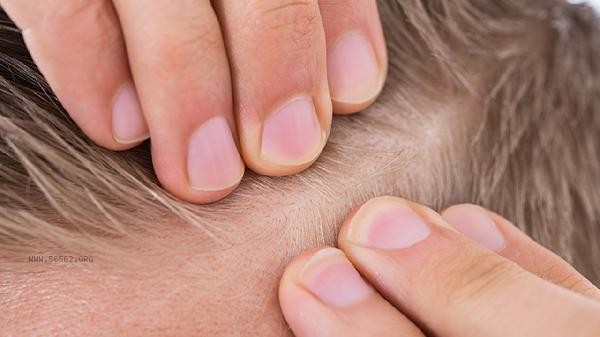
1. Drug treatment
Early scar hair loss can be treated with minoxidil tincture to promote local blood circulation. Some patients may use glucocorticoids such as triamcinolone acetonide injection to inhibit fibrosis. Oral medications such as compound glycyrrhizin tablets can help alleviate inflammatory reactions, but should be used under the guidance of a doctor to avoid self adjustment of dosage.
2. Laser therapy
Dot matrix laser improves superficial scars by stimulating collagen remodeling, while low-energy laser therapy can activate residual hair follicles. Multiple treatment courses are required, and the effect on hypertrophic scars after burns is good. During the treatment period, medical repair dressings should be used in conjunction to protect the scalp.
3. Hair transplant surgery
is suitable for stable atrophic scars, using hair follicle unit extraction technology to transplant healthy hair follicles into the scar area. Preoperative assessment of hair follicle resources in the donor site is necessary, and postoperative use of antibiotic ointment is necessary to prevent infection. Transplanted hair typically enters the growth phase 3-6 months later.
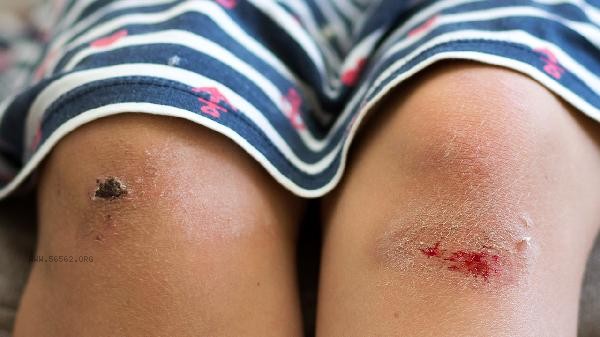
4. Local care
After cleaning with mild shampoo every day, apply scar gel containing silicone to soften tissue. Combining vitamin E cream during massage can help improve local microcirculation, avoid using irritating dye and scald products, and take good physical sun protection when going out.
5. Nutritional supplementation
Increasing the intake of foods rich in high-quality protein and zinc elements, such as fish, nuts, etc. Supplementing with B vitamins and iron can improve the hair follicle microenvironment. Traditional Chinese medicine can use medicinal and edible ingredients such as Polygonum multiflorum and black sesame for conditioning, but treatment should be based on syndrome differentiation.
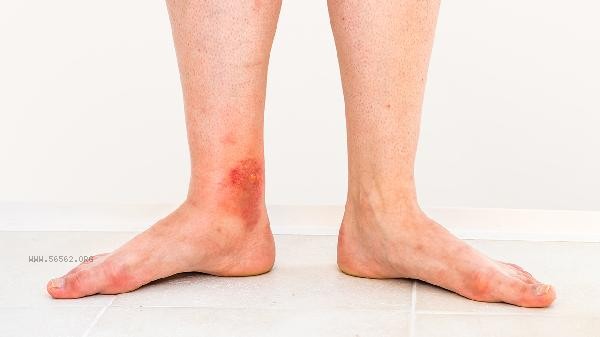
Scar induced hair loss treatment needs to be persisted for at least 3 months to evaluate its effectiveness, and scratching the affected area should be avoided during the treatment period. Choosing a reputable medical institution for staged treatment, combined with adjuvant therapies such as red light or microneedling after surgery, can improve the efficacy. Daily attention to scalp sun protection and gentle cleaning, maintaining a regular sleep routine can help with hair follicle repair. For severe scars, it is recommended to consult with dermatologists and plastic surgeons to develop personalized plans.

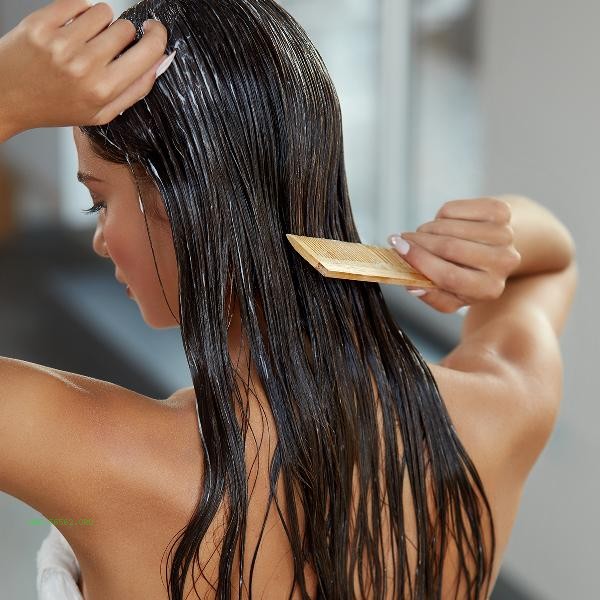
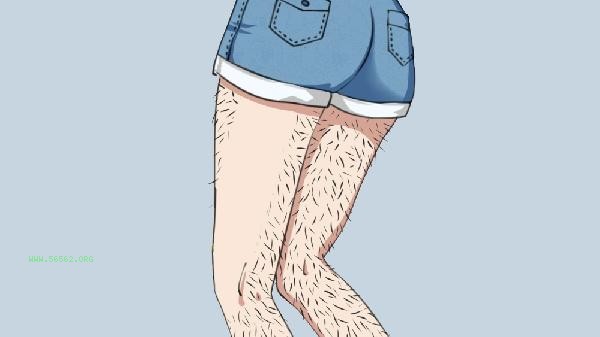

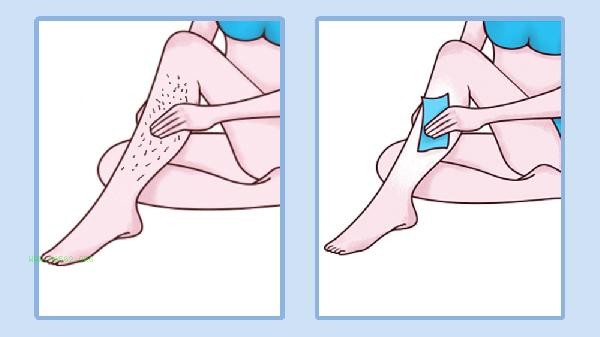



Comments (0)
Leave a Comment
No comments yet
Be the first to share your thoughts!